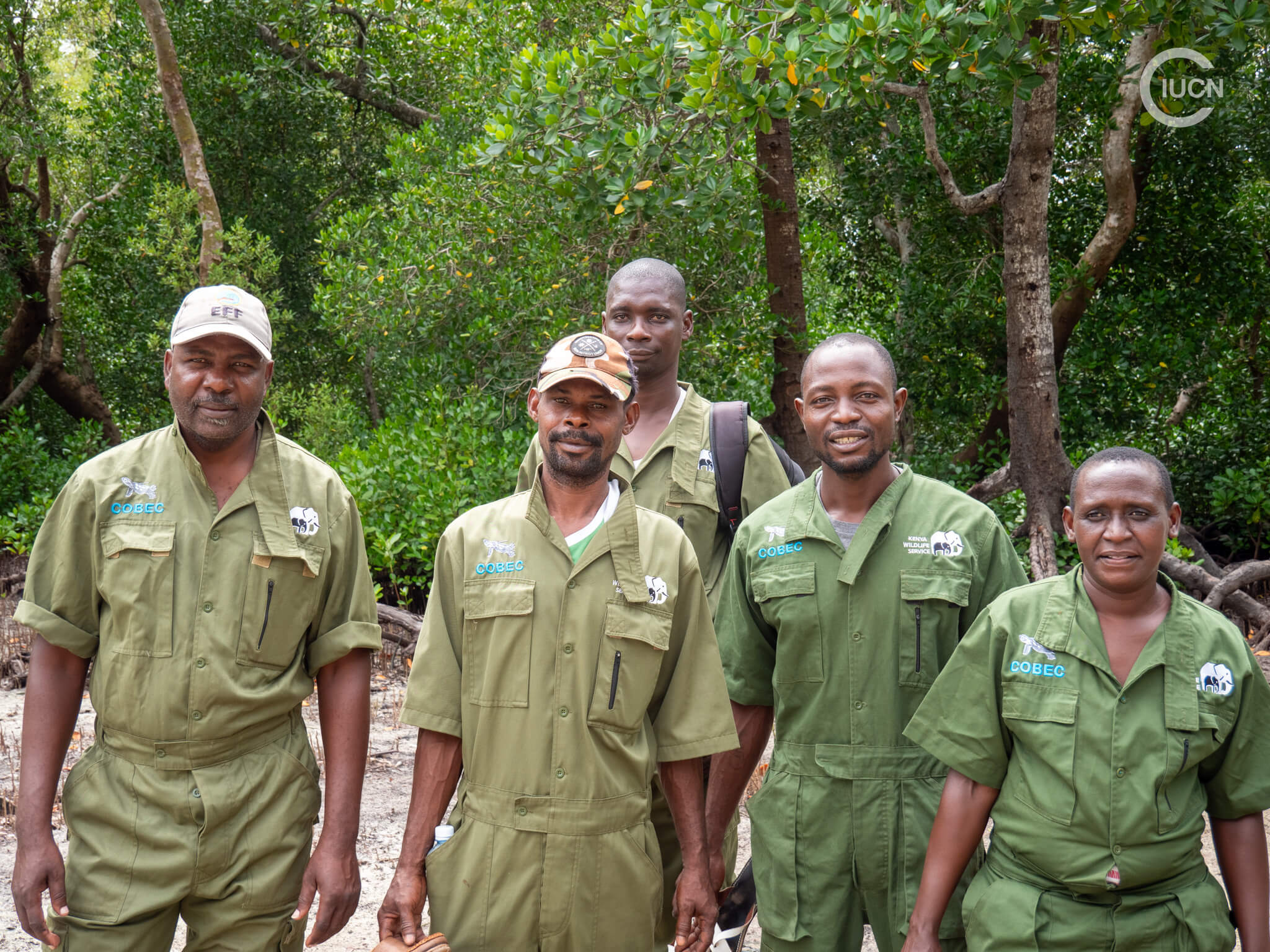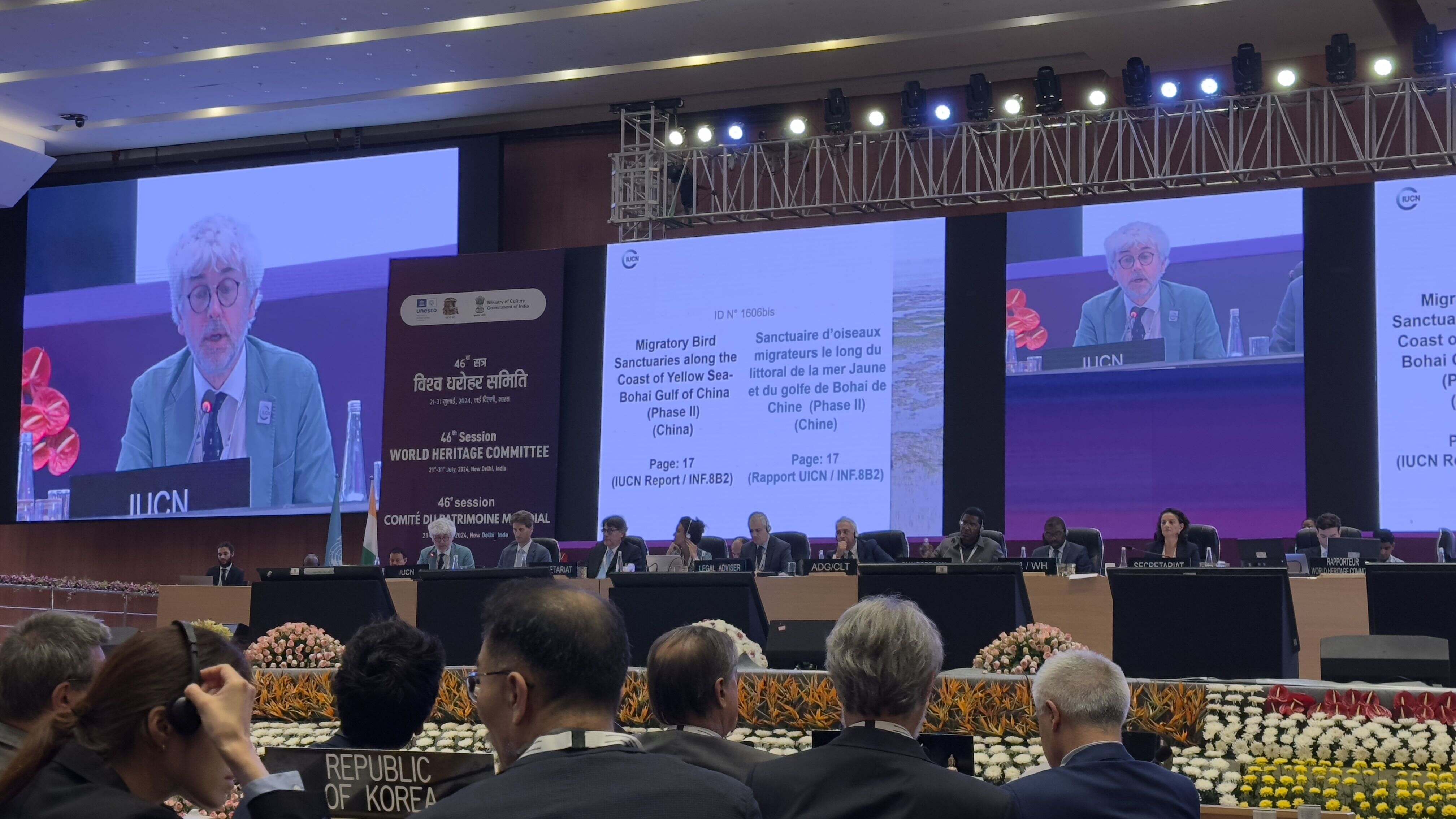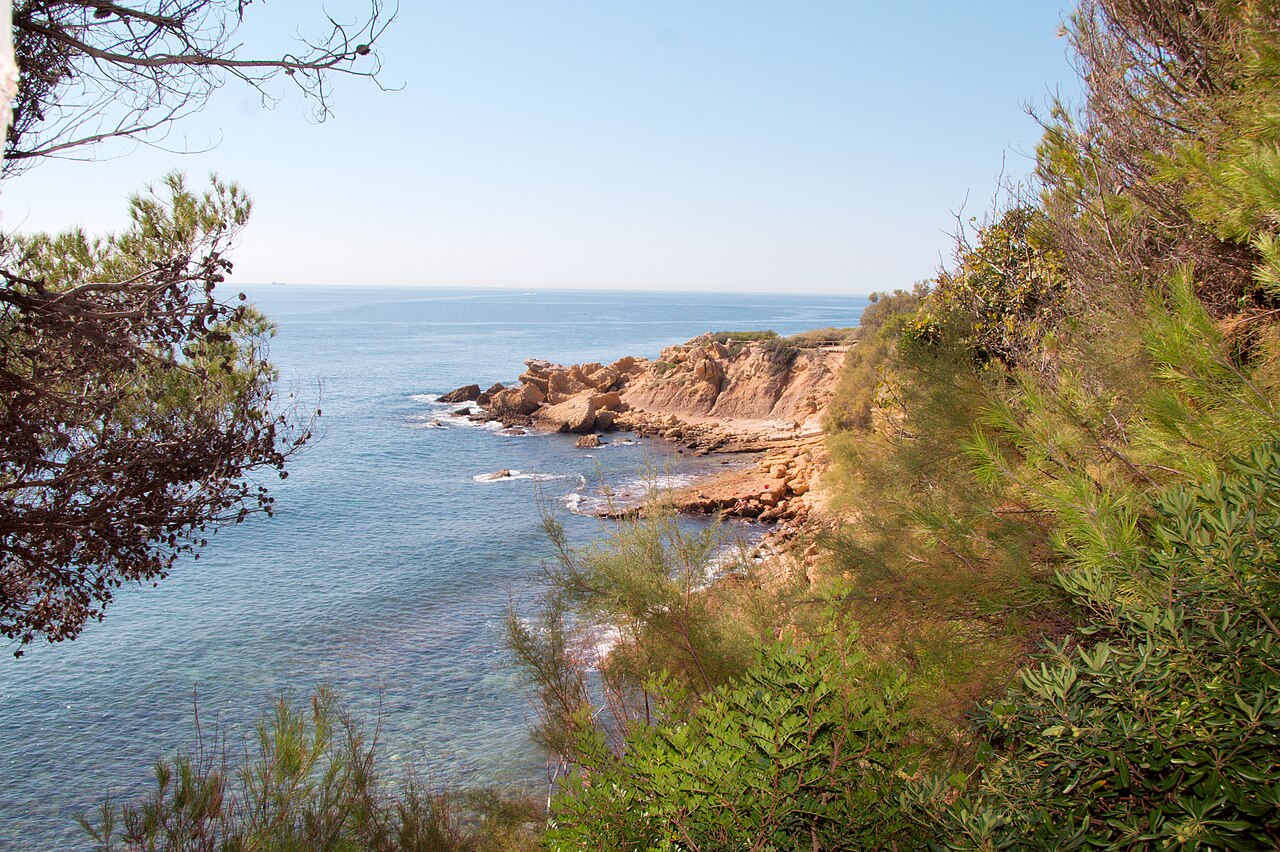We cannot achieve 30x30 without Rangers
World Ranger Day 2024 celebrates the theme of '30 by 30’, in recognition of the vital role that rangers play in the achievement of conservation 30% of our planet’s lands and waters by 2030. IUCN's Protected and Conserved Areas team celebrates and commends the vital contribution that rangers make and recognises the enormous sacrifices they shoulder for the conservation of our planet’s biodiversity and ecosystems.

Rangers around the world are as diverse as the ecosystems they work to conserve. A 2019 study undertaken in 28 countries showed that 36% of rangers were from within a 12-mile radius of the areas they worked to protect. Indigenous Peoples and Local Communities’ right to govern and manage their natural resources is enshrined within IUCN's work on 30x30 (Target 3 of the Global Biodiversity Framework). Initiatives such as Act30, which partners with the International Indigenous Forum on Biodiversity (IIFB) and Environmental Systems Research Institute (Esri), prioritise the role of IPs and LCs in governing and managing their territories and enjoying equity in conservation initiatives, enabling the emergence of more local rangers who are invested in their diverse conservation contexts.
However, just like the biodiversity which they protect, rangers themselves face very real threats and challenges. From June 2023 to May 2024, a staggering 140 rangers from 38 countries lost their lives in the line of duty. Supporting rangers to effectively and safely undertake conservation means firstly ensuring that they have the necessary resources. Through initiatives such as the Biodiversity and Protected Areas Management (BIOPAMA) programme, IUCN has supported rangers in Africa, the Caribbean and the Pacific since 2012 with skills, material resources and financial support. For example, with the support of BIOPAMA, Mida Creek Community Conservation has mobilised community scouts from 22 local communities on Kenya's Khalifi Coast to engage with fisherfolk and eliminate the use of harmful fishing nets; a true success story for a locally-driven ranger initiative with real conservation outcomes.
Through Tech4Nature, IUCN is also introducing cutting edge technologies and Artificial Intelligence (AI) to support efficient and effective protected area management techniques to rangers in IUCN Green List sites. For example, rangers in Hainan, China, are monitoring the ‘rarest gibbon in the world' - the Hainan Gibbon - through state-of-the-art bio-acoustic monitoring. The IUCN Green List, now present in 77 countries with over 80 ‘Green Listed’ sites, is a vital resource in helping protected area authorities legitimise the voices of rangers and local communities alike.
Alongside powerful resources and the promotion of equitable engagements with local communities, IUCN is working to strengthen the skills of rangers. The IUCN initiative on Rangers is a joint effort between IUCN, IUCN World Commission on Protected Areas, the International Ranger Federation, and the Universal Ranger Support Alliance URSA, to develop a special initiative on ranger support and training in the context of 30x30 in the King Abdulaziz Royal Reserve, Saudi Arabia. This is in line with the IUCN programme 2026-2029, which proposes that IUCN will support enhanced guidance and capacity to effectively deploy IUCN’s standards for PCAs in practice, including the professional development of rangers and other custodians of sited.
As the world works towards the 30x30 target, our reliance upon the dedication and sacrifice of rangers around the planet has never been greater; rangers are a crucial key with which we must unlock this ambitious target. IUCN, through our work as a Secretariat, our Members and our Commissions, will continue to support through resources, skills and guidance, to put their 100% effort towards the world's 30% goal.



